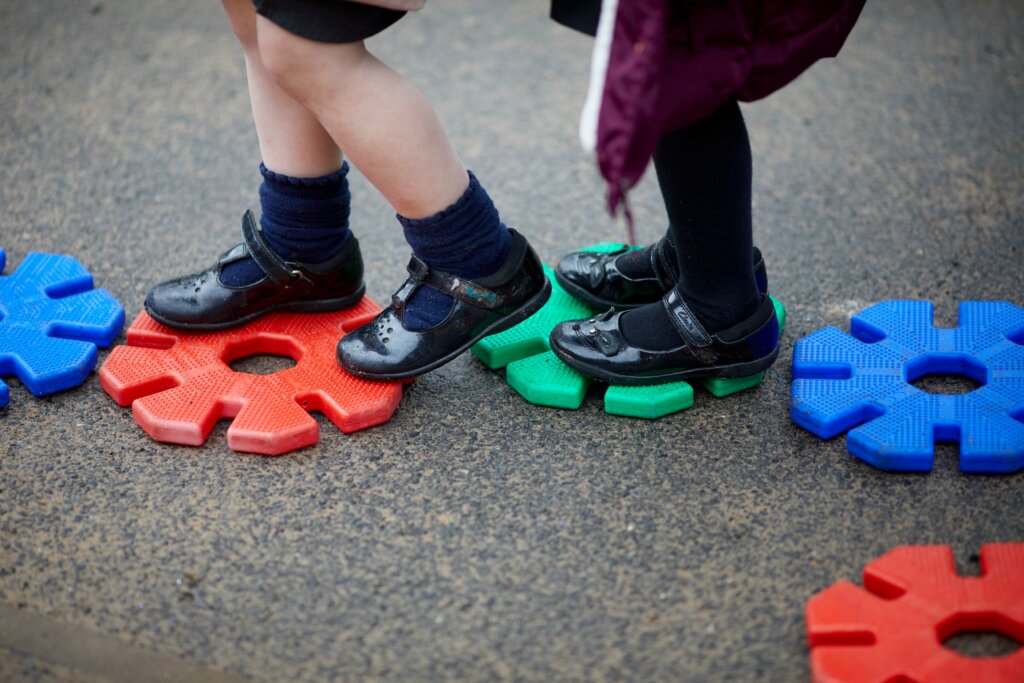Ofsted called to publish inspection aides
Over the last week, training sheets used by Ofsted inspectors to help them assess school performance have been leaked on social media. The “aide-memoires” contain summaries of subject-specific inspection criteria. Following concerns that schools with serving inspectors will benefit from access to this information, leaders have urged Ofsted to share the materials with all schools and trusts in the interests of transparency and fairness.
Both the Confederation of School Trusts (CST) and the Association of School and College Leaders (ASCL) have written to the inspectorate calling for the documents to be published. However, Heather Fearn, head of Ofsted’s curriculum unit, explains ‘the issue is that materials written to train inspectors are created to support the specific purpose – the activity of inspection. Driving inspection based approaches in schools is also a drawback.’ Ofsted later confirmed that training guides will not be published as they do not work as guidance for schools.
In response, Steve Rollet, deputy chief executive of the CST, says ‘I understand Ofsted’s concerns that without access to inspector training these documents might be misinterpreted but […] that they are now in circulation beyond the inspection workforce means those not able to view them will feel the current situation is unfair.’
Whilst the aide-memoires draw from the same information published in research reviews, school leaders have argued that research is often time-consuming to digest, so having access to condensed summaries would be extremely useful for leadership teams and practitioners. John Uttley, CEO of the Education Alliance Multi-Academy Trust, says that school leaders should be trusted to use the materials sensibly, warning that ‘this will become a huge credibility issue’ for Ofsted if it is not addressed.
KS1 attainment falls in the aftermath of Covid
Latest data from the Department for Education (DfE) shows that Key Stage 1 attainment has declined in all areas since tests were last taken in 2019. The proportion of pupils meeting the expected standard in the Year 1 phonics screening checks, one of the government’s key measures of success, has fallen from 82 percent to 75 percent – the first fall since the check was introduced in 2012.
In Maths, only 68 percent of Year 1 pupils met the expected standard, dropping from 76 percent, whilst standards in Reading fell from 75 to 67 percent. Similarly, writing attainment decreased by more than ten percentage points, down to 58 percent. Attainment also dropped in Science, from 82 to 77 percent.
Further analysis shows that attainment has fallen even further for disadvantaged pupils. Whilst the proportion of non-disadvantaged pupils meeting expected standards fell from 84 to 80 percent, attainment dropped dramatically for poorer children, from 71 to 62 percent.
These findings echo key trends found in the Key Stage 2 results published earlier this year, which showed a fall in attainment for Year 6 pupils, particularly for disadvantaged children. This is understood to be a consequence of Covid 19 and disruptions to learning. Whilst working towards recovery will be a challenge for all learners, there are concerns that not enough is being done to support the youngest cohort of pupils, whose entire time in school has been impacted by the pandemic.
£5 million funding to rescue children from county lines
An investigation led by ITV News has found that 5,425 children under the age of sixteen have been arrested for drug offences since 2018, sparking calls for increased vigilance and professional intervention. A Freedom of Information request to police forces in England and Wales revealed children as young as nine have been arrested for drug dealing, including a thirteen year old arrested for supplying heroin and crack cocaine, and a fourteen year old arrested for producing their own cannabis.
Government data reveals the true scale of the problem. In August, Home Office statistics showed that 1,630 children had been referred as suspected victims of exploitation between April and June, a 20 percent increase since the previous quarter. This is driven in part by a rapid rise in county lines drug dealing. In total, ‘589 county line referrals were flagged, the highest quarterly number since this data was collected.’ Of these, 484 were children.
As the cost-of-living crisis intensifies, police and charities warn that more young people will be targeted by criminal gangs. Chante McKoy, an outreach worker for the St Giles Trust, explains that as families fall into deprivation and poverty, more children ‘feel responsible helping with household bills; helping put food on the table.’
To help free young people from the grips of county lines gangs, the Home Office has allocated up to £5 million to expand vital support services over the next three years, focusing on four key areas where children are often targeted: London, West Midlands, Merseyside and Greater Manchester. Home Office Minister, Jeremy Quinn, says ‘I want victims of exploitation to know that we are on their side – and that there is a way out, a brighter future available.’
Among others, the funds will help to expand the reach of Catch22, a one-to-one specialist support service for young people under the age of twenty-five, helping them to exit their involvement in county lines. Funding will also be allocated to the confidential and anonymous national helpline SafeCall, which offers bespoke support for parents and carers across England and Wales. Since it was established in 2017, the helpline has helped 480 young victims of county lines exploitation and their families.
Recognising that ‘grooming techniques are becoming more advanced,’ services will also offer mental health support and counselling to help young people and their families deal with the trauma of their experiences and stay protected from further harm.
From the pandemic to the cost-of-living crisis, it is clear that we are living in challenging times. As we reflect on the headlines this week, we are reminded that children and young people may be feeling the pressure just as much as their parents and teachers.
Working in education, it is our responsibility to promote the welfare of all pupils and protect them from harm, providing a safe and supportive learning environment in which they can achieve their full potential. Driven by our ethos of putting children first, One Education is committed to helping schools and trusts raise standards and pupil attainment. Working together, we can create the best possible outcomes for children.
Please get in touch to find out how we can help.















